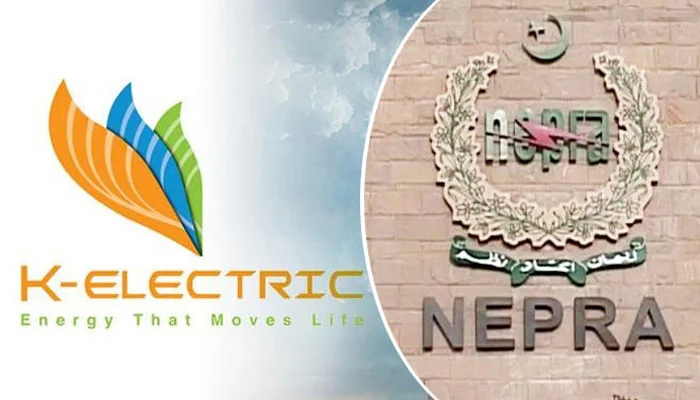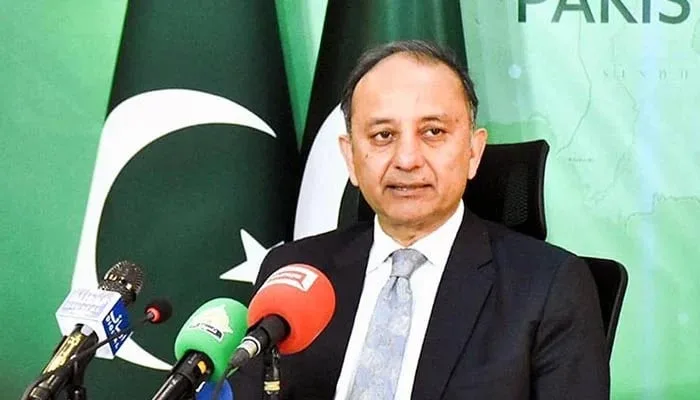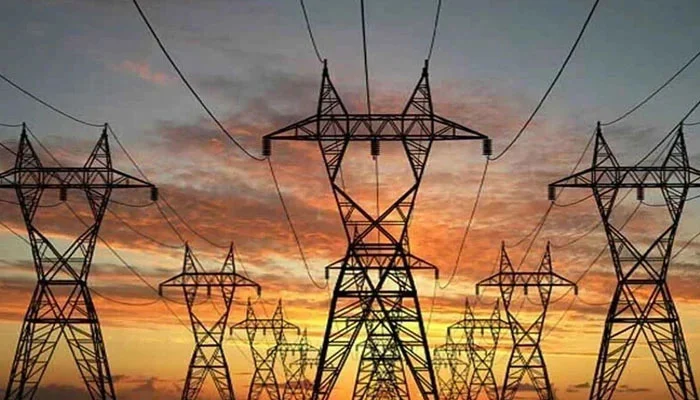The National Electric Power Regulatory Authority (NEPRA) faces dissent from a majority of Karachi’s electricity consumers, industrialists, and business organizations regarding the renewal of the license for the power distribution company, K-Electric.
Electricity consumers in Karachi have consolidated their recommendations, and NEPRA is set to hear the electric license renewal application on November 28. Notably, stakeholders had already been solicited for their opinions by K-Electric before the official NEPRA hearing.
The Association of Builders and Developers (Abad) has also voiced its objection to the license renewal for K-Electric. Abad argues that Karachi residents have endured the inefficiency and poor performance of K-Electric for an extended period. They suggest that a more robust discussion should take place before allowing K-Electric to continue operations in Karachi.
Similarly, the All City Traders Association has advocated against granting exclusive licenses to multiple companies in Karachi. They argue that having more than one company in the sector would create better opportunities for consumers.
The Landhi Association of Trade and Industry supports the idea of an in-depth evaluation by NEPRA, emphasizing the need for fair competition in Karachi’s electricity sector.
Meanwhile, the District Municipal Corporation Malir believes that allowing competition in the electricity domain in Karachi would lead to improved services.
It is worth noting that the license for K-Electric, which expired in July 2023, has been granted a provisional extension of six months by NEPRA. The upcoming hearing will provide stakeholders with a platform to express their concerns, and NEPRA will play a crucial role in determining the future of electricity distribution in Karachi. The diverse opinions from various stakeholders highlight the complexity of the decision and the importance of considering the welfare and preferences of Karachi’s residents and businesses in the final determination.



